Home>Articles>What Are The Disadvantages Of Quartz Countertops
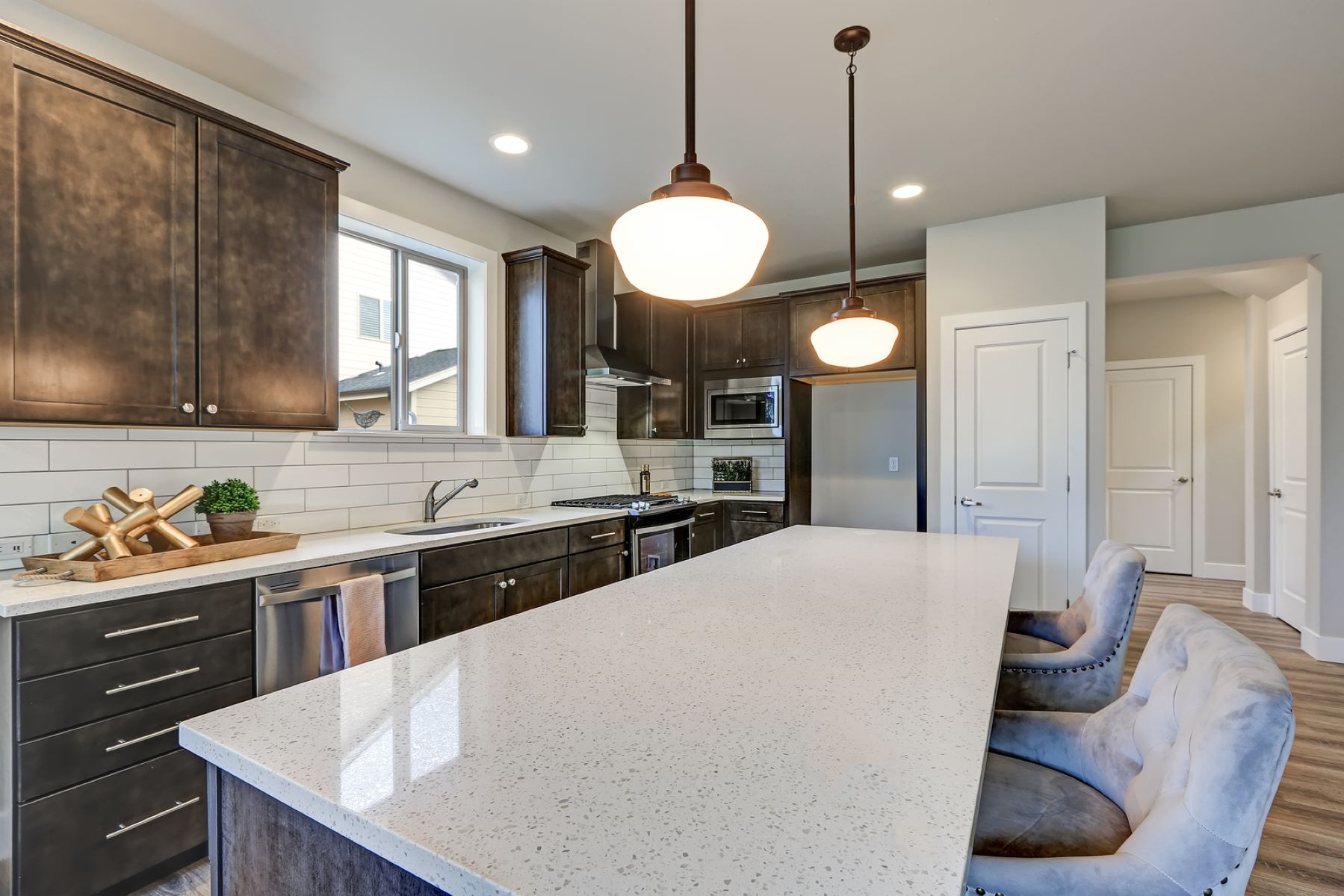

Articles
What Are The Disadvantages Of Quartz Countertops
Modified: October 20, 2024
Learn about the drawbacks of quartz countertops in our informative articles, including maintenance, durability, and cost factors.
(Many of the links in this article redirect to a specific reviewed product. Your purchase of these products through affiliate links helps to generate commission for Storables.com, at no extra cost. Learn more)
Introduction
Quartz countertops have gained immense popularity in recent years for their durability, elegance, and low maintenance. They are engineered stone surfaces made from a combination of natural quartz crystals and resins. While quartz countertops offer many advantages, including high resistance to stains and scratches, there are also several disadvantages that should be taken into consideration before making a decision. In this article, we will explore the disadvantages of quartz countertops to help you make an informed choice for your kitchen or bathroom renovation.
Key Takeaways:
- Quartz countertops offer durability and low maintenance, but their high cost, susceptibility to heat damage, and limited color options should be carefully considered before making a decision for your kitchen or bathroom renovation.
- While quartz countertops are not completely stain-proof and require professional installation, their long-term value, resistance to scratches, and advancements in manufacturing techniques make them a popular choice for homeowners seeking durability and aesthetic appeal.
Read more: What Are Quartz Countertops
High Cost
One of the major disadvantages of quartz countertops is their high cost. Compared to other countertop materials like laminate or tile, quartz tends to be more expensive. The price of quartz countertops is influenced by factors such as the quality of the quartz, the manufacturing process, and the brand name. Additionally, if you opt for custom colors or patterns, the cost can significantly increase.
While the initial investment may be higher, it’s important to consider the long-term value that quartz countertops provide. They are known for their durability, which means they are less likely to need repairs or replacement in the future. So, while the upfront cost may seem steep, it can ultimately save you money in the long run.
Can Be Easily Damaged by Heat
Another disadvantage of quartz countertops is their susceptibility to heat damage. Quartz is not as heat-resistant as materials like granite or stainless steel. Direct exposure to high heat can cause the quartz to crack or discolor. Placing hot pots, pans, or other utensils directly on the surface of a quartz countertop can lead to irreversible damage.
To prevent heat damage, it is crucial to always use trivets, hot pads, or other protective surfaces when placing hot items on quartz countertops. This extra caution is necessary to maintain the integrity and appearance of the quartz surface over time. It’s also important to avoid using quartz countertops near heat sources such as stovetops or ovens to minimize the risk of heat damage.
It’s worth noting that while quartz countertops have a high resistance to stains and scratches, they are not impervious to heat. Therefore, it’s important to exercise caution and take preventive measures to preserve the beauty and longevity of your quartz countertop.
Limited Color Options
While quartz countertops offer a wide range of color options, they do have some limitations compared to other materials. Quartz countertops are manufactured by combining natural quartz crystals with resins, pigments, and other additives. While this allows for a variety of colors and patterns, the options may be more limited compared to natural stone materials like granite or marble.
The manufacturing process of quartz countertops involves mixing the quartz crystals with the desired pigments to create the desired color. However, achieving certain color variations, such as veining or speckling, may be challenging or not feasible. As a result, some homeowners looking for specific color patterns or unique designs may find the options available for quartz countertops to be limited.
Additionally, the color of quartz countertops can fade over time when exposed to direct sunlight. This can be particularly problematic for countertops placed near large windows or skylights. While this issue can be mitigated with UV-resistant coatings, it’s important to consider the potential for color fading when selecting quartz countertops, especially if you prefer vibrant or bold colors.
However, it’s worth mentioning that advancements in manufacturing techniques have expanded the range of colors and patterns available for quartz countertops. Many manufacturers now offer quartz surfaces that mimic the appearance of natural stone, offering a wider variety of options for homeowners.
Not Completely Stain-Proof
While quartz countertops have a reputation for being highly resistant to stains, they are not completely stain-proof. While the non-porous nature of quartz helps to repel liquids and prevent stains from penetrating the surface, certain substances can still cause discoloration if left unattended.
Acidic liquids such as lemon juice, vinegar, or red wine can potentially cause stains if not cleaned up promptly. These acidic substances can etch the surface of the quartz countertop and leave behind permanent marks. Similarly, oil-based substances like cooking oils, grease, or makeup can also stain the surface if not promptly wiped away.
To minimize the risk of staining, it is essential to clean up spills and messes as soon as they occur. Use a mild soap and warm water solution to wipe down the countertop and avoid using abrasive cleaners or scrubbing pads, as they can damage the surface. Regularly sealing your quartz countertop can also help enhance its resistance to staining and preserve its appearance.
However, it’s important to note that compared to materials like granite or marble, quartz countertops generally offer better stain resistance. The key is to remain proactive in cleaning and maintenance to minimize the risk of stains and keep your quartz countertop looking its best.
When considering quartz countertops, be aware that they can be more expensive than other options and may not be as heat resistant as natural stone. Additionally, they can be prone to chipping and scratching if not properly cared for.
Read more: What Will Stain Quartz Countertops
Requires Professional Installation
One of the drawbacks of quartz countertops is that they require professional installation. Unlike materials like laminate or tile that can be easily installed by homeowners, quartz countertops need to be installed by professionals with experience in handling and working with this material.
The installation process involves precise measurements, cutting, and fitting the quartz slabs into the designated space. It requires specialized tools and equipment to ensure a proper and secure installation. Professional installers have the knowledge and expertise to handle the intricate details of quartz countertop installation, such as seaming, edge profiling, and leveling.
Furthermore, quartz countertops are heavy and can be challenging to handle and maneuver. Professional installers have the necessary equipment and manpower to safely lift and position the slabs without causing any damage or injury. They also have the expertise to handle any unforeseen obstacles or challenges that may arise during the installation process.
Hiring professionals for the installation also ensures that the warranty provided by the manufacturer remains valid. Many manufacturers require professional installation in order to honor the warranty terms. Attempting to install quartz countertops yourself may invalidate the warranty, leaving you responsible for any future repair or replacement costs.
While professional installation comes at an additional cost, it ensures a proper and seamless installation, which is essential for the longevity and performance of your quartz countertops. It also provides peace of mind, knowing that the installation has been done correctly by experienced professionals.
Heavy Weight
Another disadvantage of quartz countertops is their heavy weight. Quartz slabs are denser and heavier compared to other countertop materials like laminate or tile. While the weight of the countertops contributes to their durability and sturdiness, it can pose challenges during installation and require additional structural support.
Due to their heavy weight, handling and maneuvering quartz slabs can be difficult, especially in tight spaces or upper floors of buildings. The weight makes it important to ensure that the cabinets or support structures can bear the load of the countertops. Reinforcements may be necessary to prevent any sagging or structural issues over time.
If you are considering quartz countertops for a remodel or renovation, it’s important to consult with professionals to assess the structural integrity of your existing cabinets and determine if any modifications or reinforcements are needed. This will ensure that your countertops are properly supported and will not cause any structural damage or other safety concerns.
Additionally, the weight of quartz countertops may limit the ability to make certain design choices. For example, if you are planning to install the countertops on an upper floor or in a space with weight restrictions, the heavy weight of quartz may not be suitable. In such cases, alternative countertop materials that are lighter in weight may be a more suitable option.
Overall, the heavy weight of quartz countertops is a factor that needs to be considered during the planning and installation process. It’s important to work with professionals and experts who can assess the weight-bearing capacity of your space and provide appropriate guidance to ensure a safe and successful installation.
Susceptible to Scratching
Quartz countertops, despite their durability, are not entirely immune to scratches. While quartz is known for its high resistance to scratches and abrasions, it is important to note that it is not as hard as materials like granite or quartzite. Therefore, it is possible for quartz countertops to sustain scratches over time, especially when exposed to sharp or abrasive objects.
While everyday use of knives, forks, and other utensils is unlikely to cause visible scratches on quartz countertops, using sharp objects directly on the surface and dragging them across can potentially leave marks. It is recommended to always use cutting boards or protective mats to prevent direct contact between sharp tools and the countertop surface.
Furthermore, abrasive cleaners or scouring pads should never be used on quartz countertops, as they can lead to scratches and dull the surface. Instead, opt for mild soap and warm water solutions or specific quartz countertop cleaners that are gentle and non-abrasive.
Regular maintenance and cleaning are essential to minimize the risk of scratches on quartz countertops. Wipe spills immediately and clean the surface with a soft cloth or sponge to avoid any small particles from scratching the surface when it is rubbed. By adopting good cleaning practices and taking preventative measures, you can help preserve the appearance of your quartz countertops and minimize the visibility of any potential scratches.
It’s worth noting that quartz countertops also come in different hardness levels depending on the specific brand and manufacturer. Some quartz countertops may be more resistant to scratches due to their unique composition and manufacturing process. Therefore, it’s important to research and choose a high-quality quartz product that is known for its scratch-resistant properties.
Overall, while quartz countertops are durable, they are not completely scratch-proof. Taking precautions and adopting proper cleaning and maintenance practices can help minimize the risk of scratches and keep your countertops looking their best.
Susceptible to Fading or Discoloration
One of the potential drawbacks of quartz countertops is their susceptibility to fading or discoloration over time. While quartz is generally a highly durable and color-stable material, certain factors can lead to changes in its appearance.
Exposure to direct sunlight can cause the color of quartz countertops to fade over time. Ultraviolet (UV) rays from the sun can gradually break down the pigments and resins used in the manufacturing process, resulting in a change in color or a dulling effect. This fading or discoloration is more likely to occur in countertops placed near windows or other areas with intense sunlight exposure.
To minimize the risk of fading or discoloration, it is advisable to use window treatments or UV-protective films to reduce the amount of direct sunlight reaching the countertops. Regularly applying a UV-resistant coating can also help maintain the color stability of the quartz surface.
In addition to sunlight, exposure to certain chemicals or substances can also cause discoloration of quartz countertops. Harsh chemicals, such as bleach, paint thinners, or solvents, should be avoided as they can potentially damage the surface and alter the color. Always follow the manufacturer’s recommendations for cleaning solutions and avoid using abrasive cleaners or scrubbing pads.
It’s important to note that not all quartz countertops are susceptible to fading or discoloration. Advances in manufacturing techniques and the use of high-quality pigments and resins have resulted in quartz countertops that are more resistant to color changes. Therefore, it is recommended to choose a quartz product from a reputable manufacturer that offers a warranty against fading or discoloration.
Regular cleaning and maintenance are also essential to prevent discoloration of quartz countertops. Wiping up spills promptly and using gentle cleaning solutions can help preserve the appearance and color of the surface. Additionally, avoiding extreme heat or cold on the countertops can also help prevent any potential color changes.
While the risk of fading or discoloration exists, it is important to remember that proper care and maintenance can significantly mitigate these risks and help preserve the beauty of your quartz countertops for years to come.
Read more: What Edge Is Best For Quartz Countertops
Conclusion
Quartz countertops offer numerous benefits, including durability, low maintenance, and a wide range of aesthetic options. However, it’s important to consider the potential disadvantages before making a decision for your kitchen or bathroom renovation.
The high cost of quartz countertops may deter some homeowners, but the long-term value and durability that they provide can make them a worthwhile investment. It’s important to weigh the upfront cost against the longevity and low maintenance requirements of quartz countertops.
While quartz countertops offer resistance to stains and scratches, they are not completely impervious. They require regular cleaning and maintenance to prevent any potential damage or discoloration. It’s crucial to follow proper cleaning procedures and avoid exposing the countertops to harsh chemicals or extreme heat.
The limited color options of quartz countertops may be a drawback for those seeking unique or custom designs. However, advancements in manufacturing techniques have expanded the range of options available, providing more selection for homeowners.
Professional installation is often necessary for quartz countertops, due to their heavy weight and specific installation requirements. While it adds to the cost, it ensures a proper and secure installation that maintains warranty coverage and guarantees the longevity of the countertops.
While quartz countertops have their disadvantages, they continue to be a popular choice for homeowners due to their durability, versatility, and aesthetic appeal. It’s essential to carefully consider your specific needs and preferences before deciding if quartz countertops are the right choice for your home.
In conclusion, quartz countertops offer many advantages but also come with a set of potential drawbacks. By understanding and considering these disadvantages, you can make an informed decision that best suits your budget, lifestyle, and design preferences.
Frequently Asked Questions about What Are The Disadvantages Of Quartz Countertops
Was this page helpful?
At Storables.com, we guarantee accurate and reliable information. Our content, validated by Expert Board Contributors, is crafted following stringent Editorial Policies. We're committed to providing you with well-researched, expert-backed insights for all your informational needs.
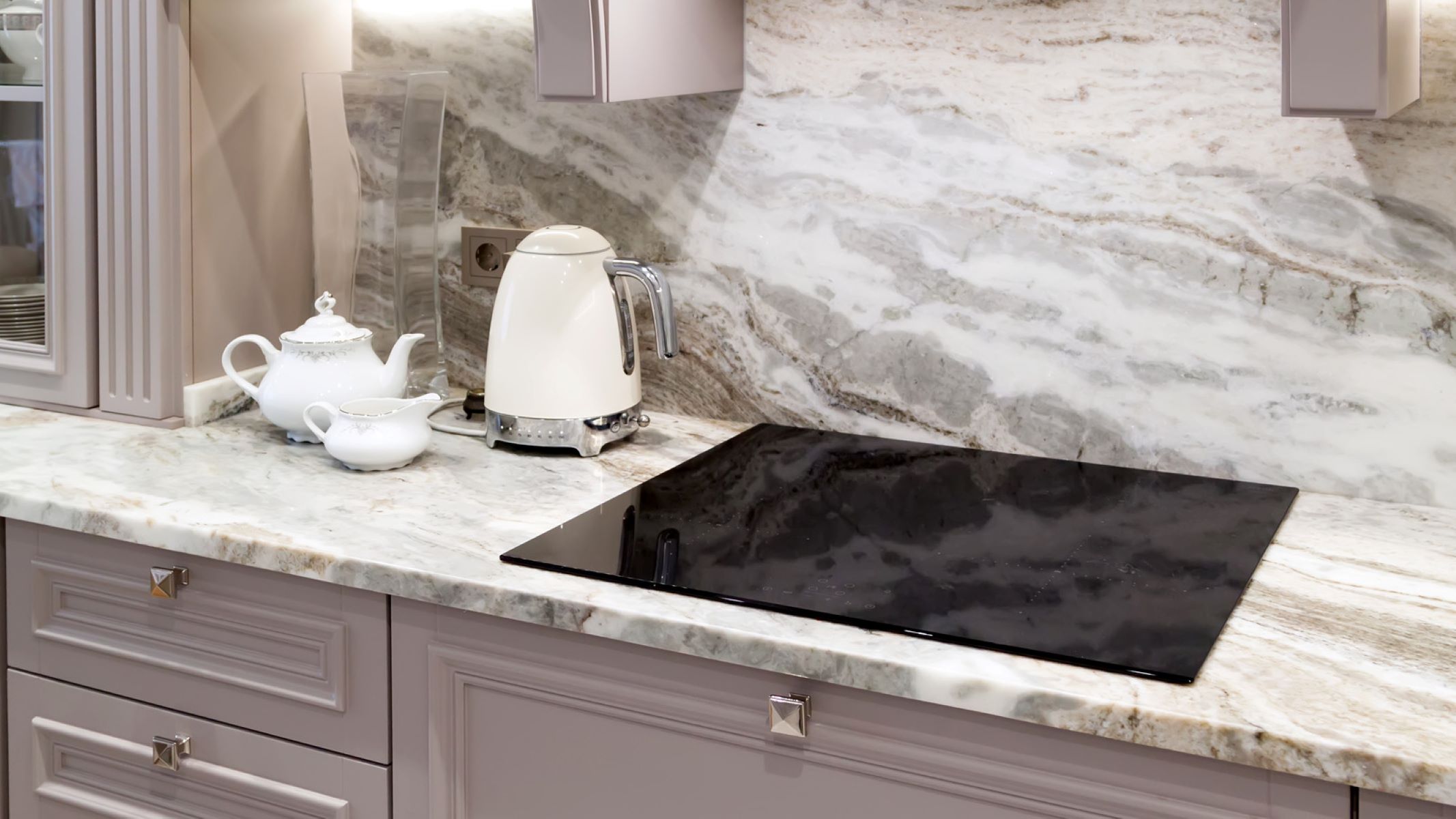
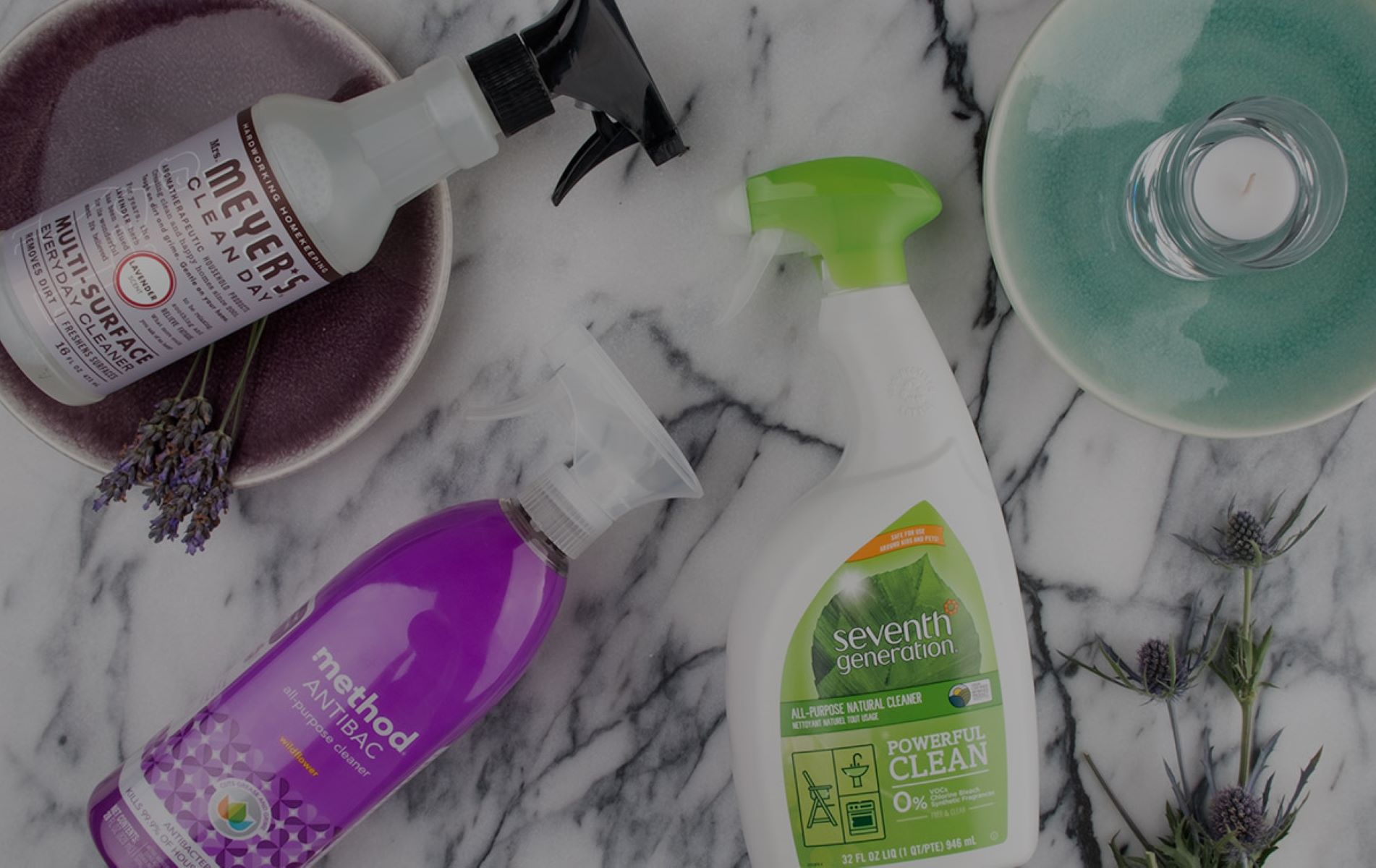
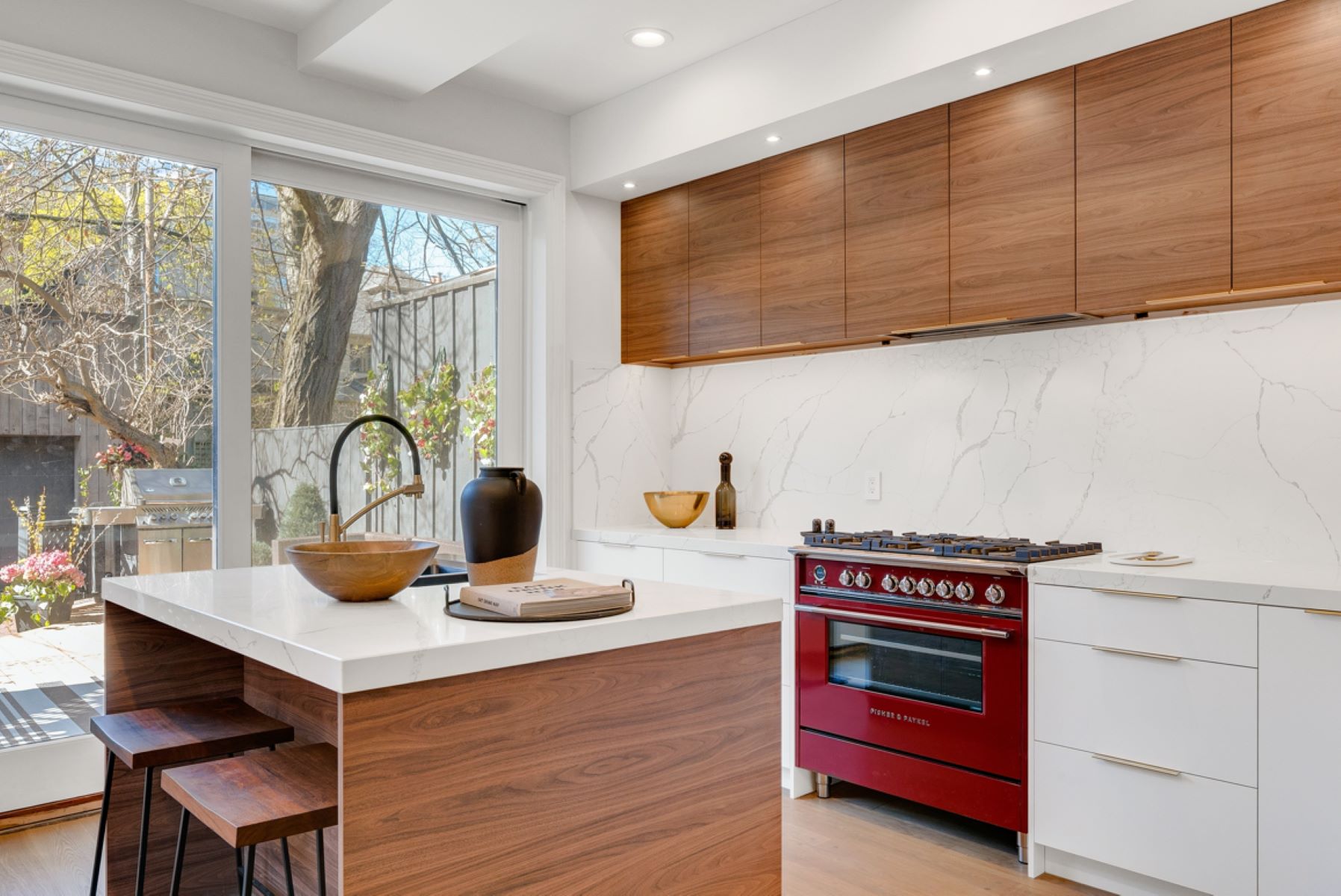
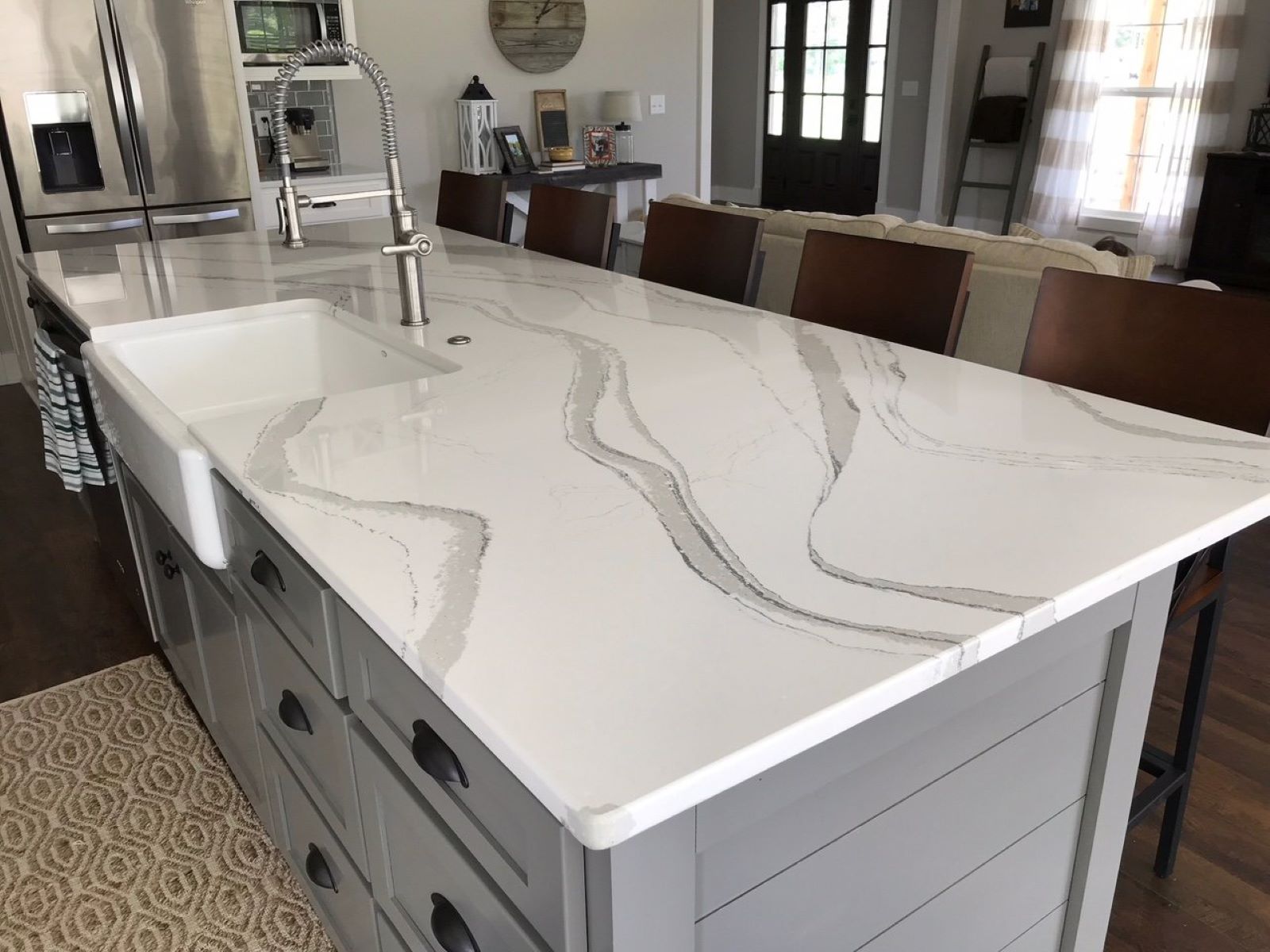
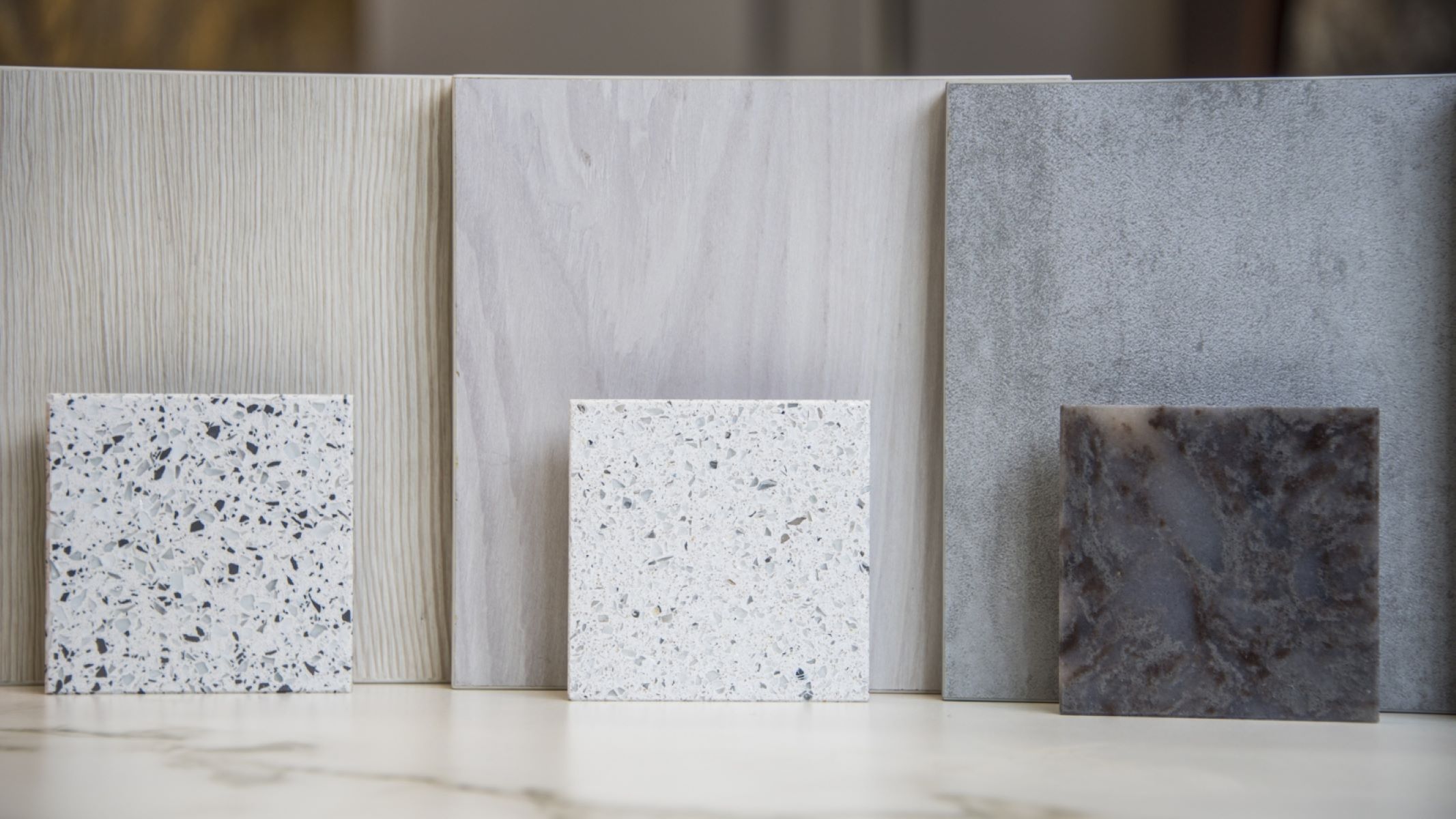
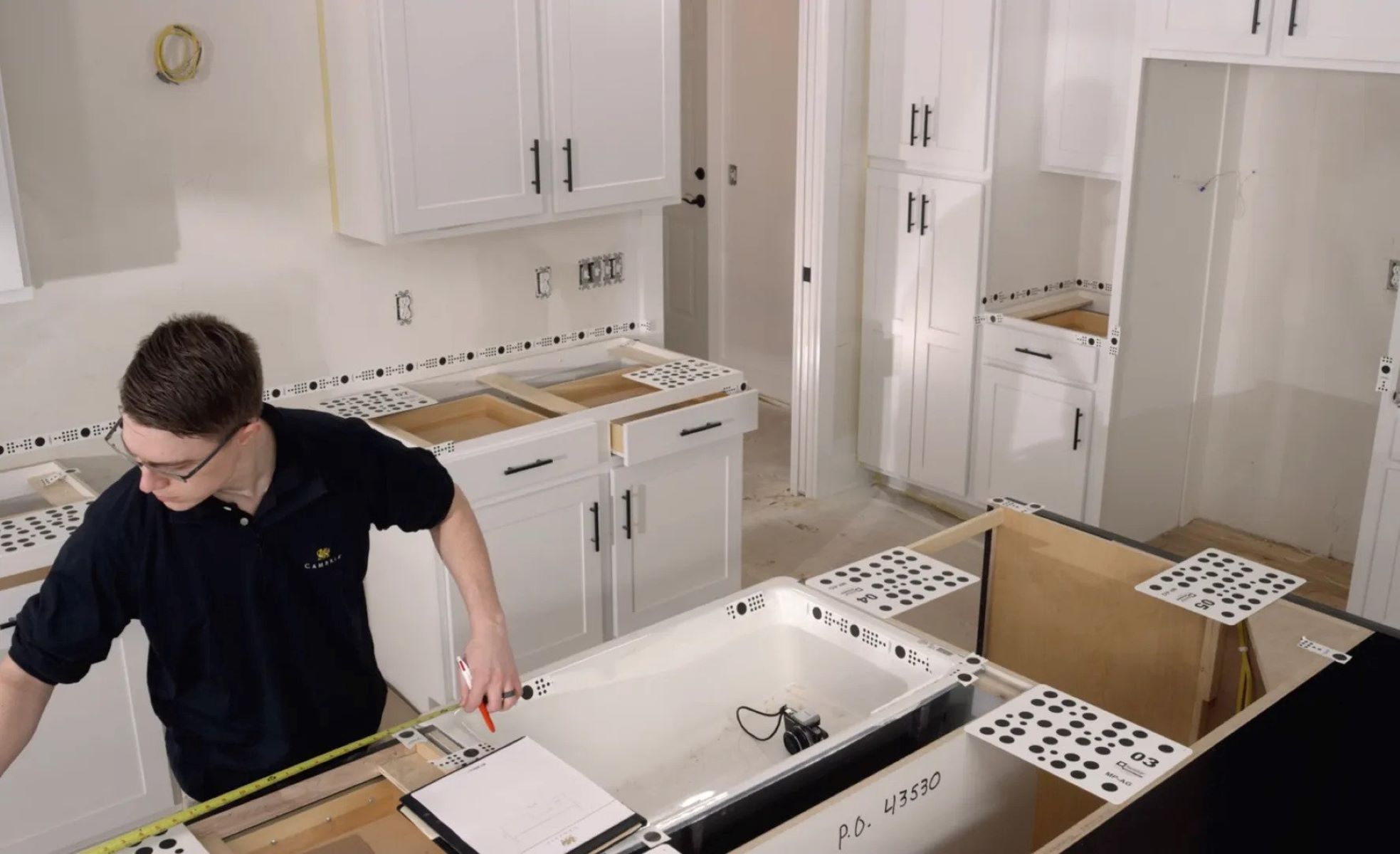
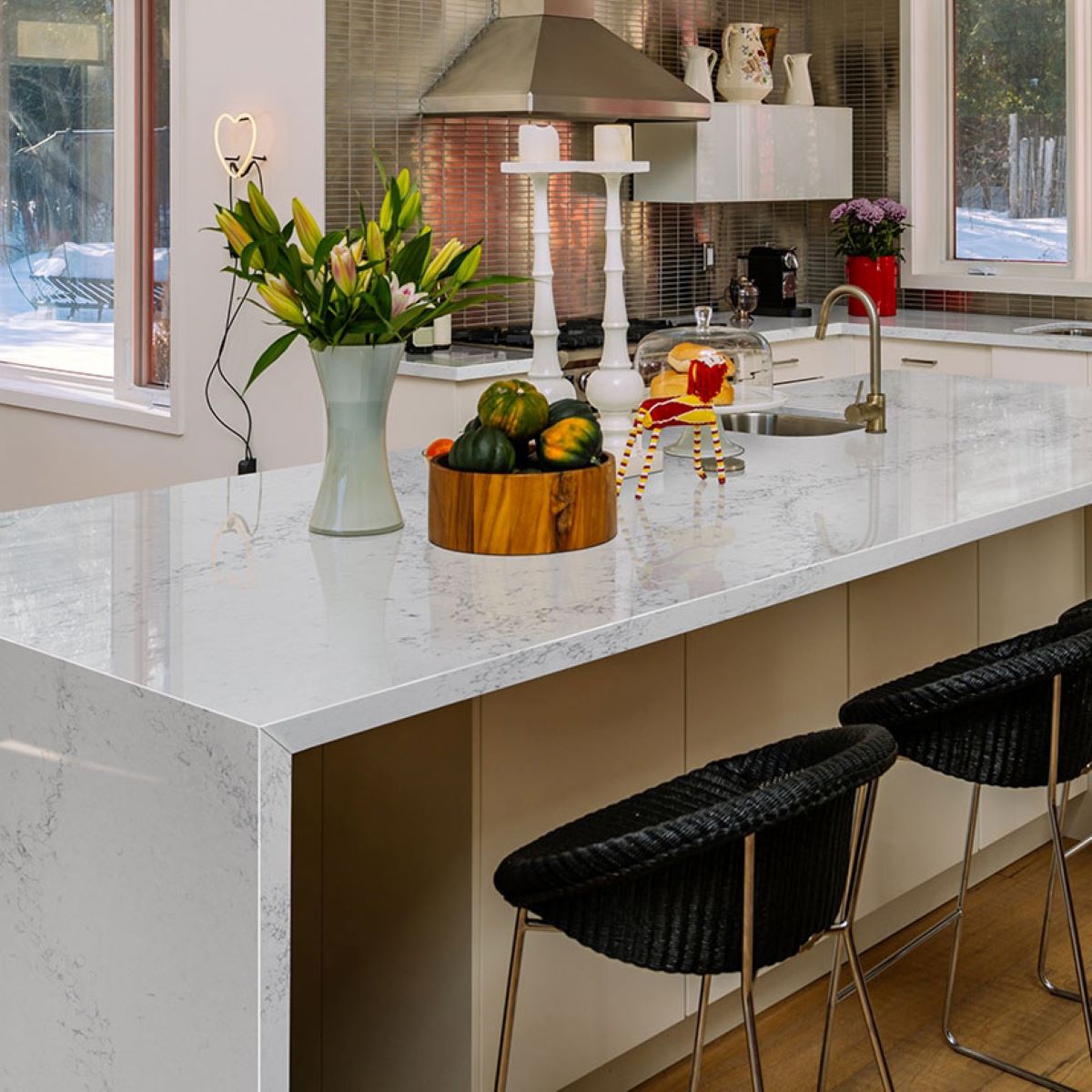
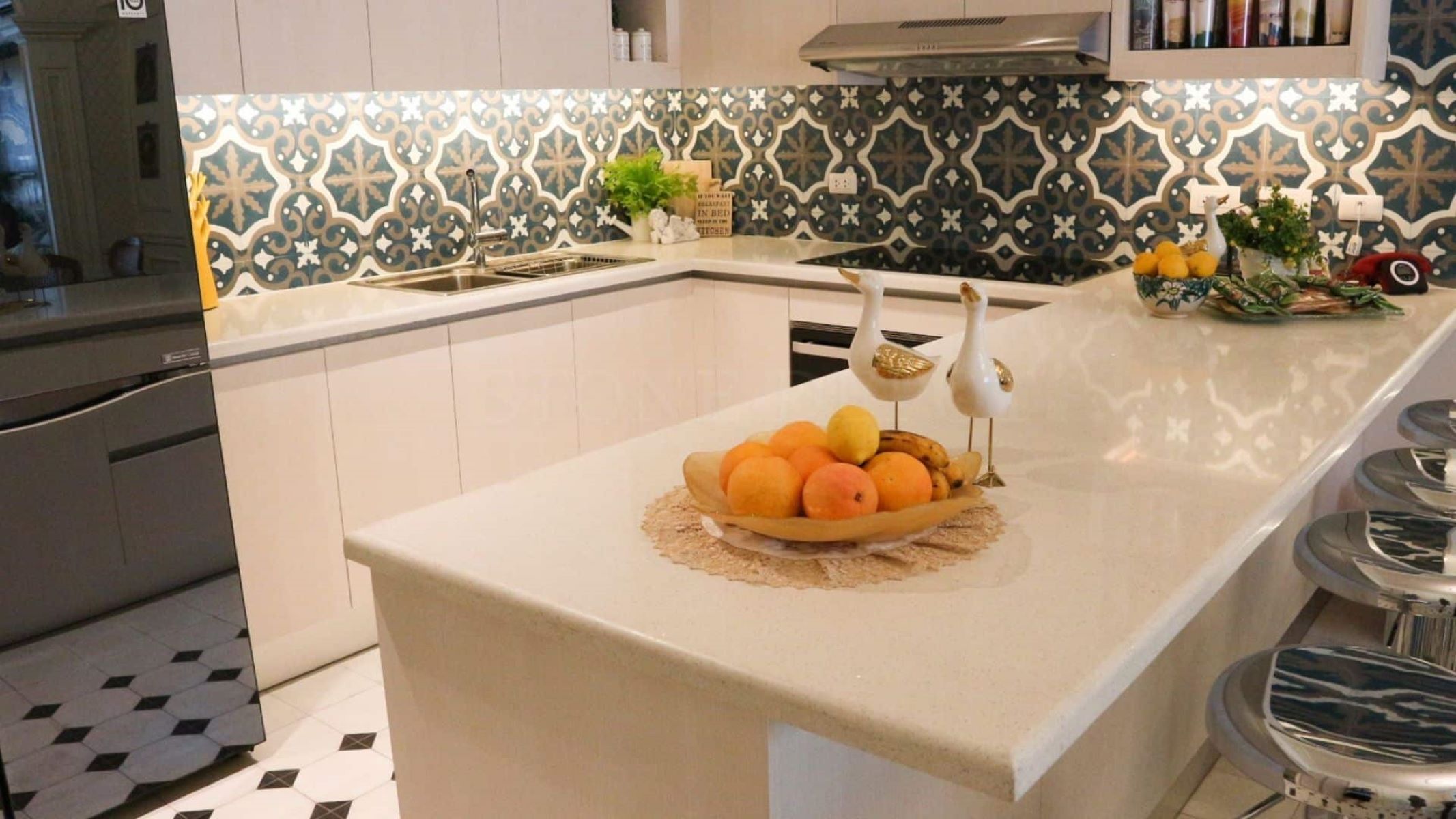
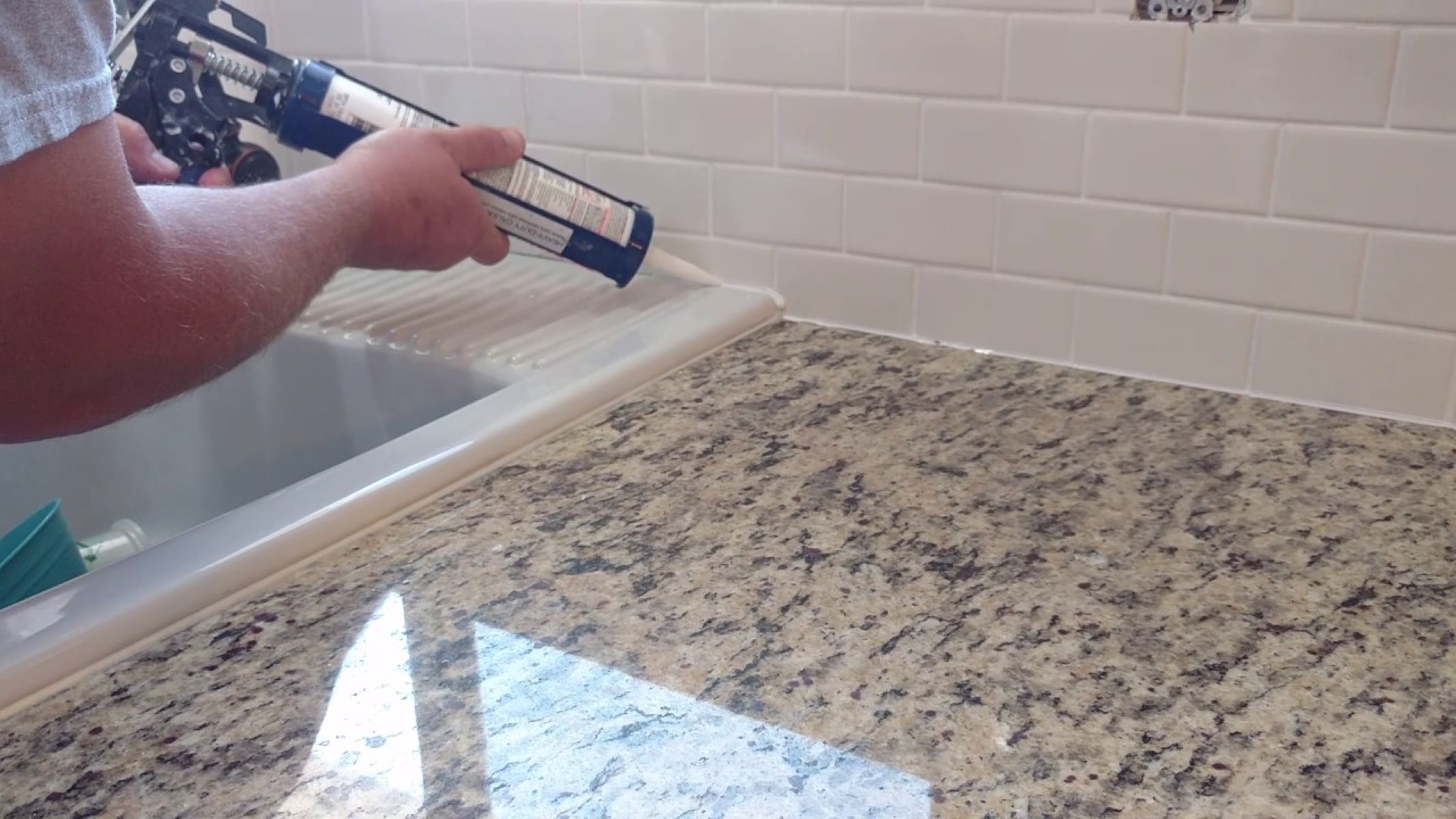
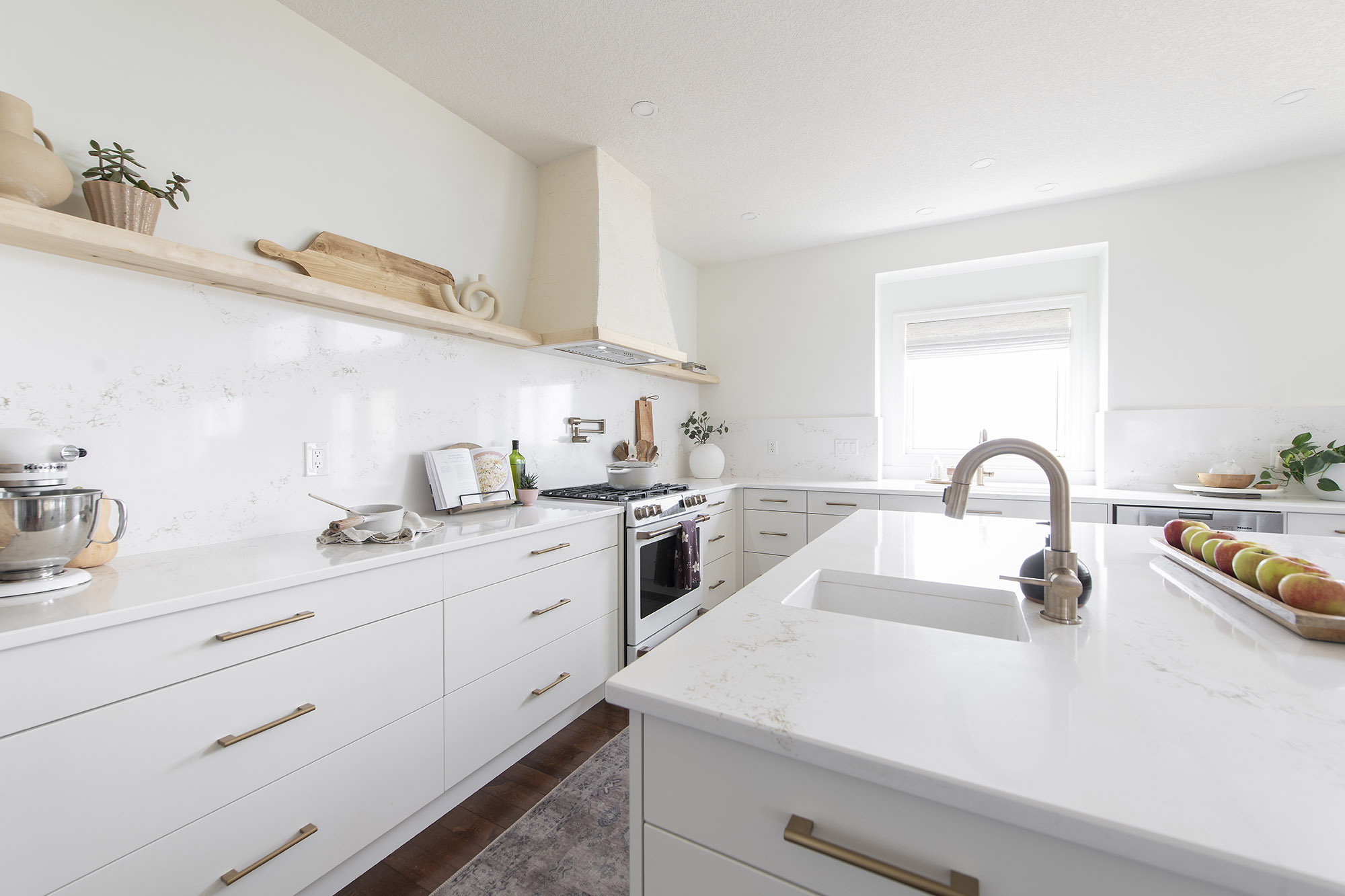
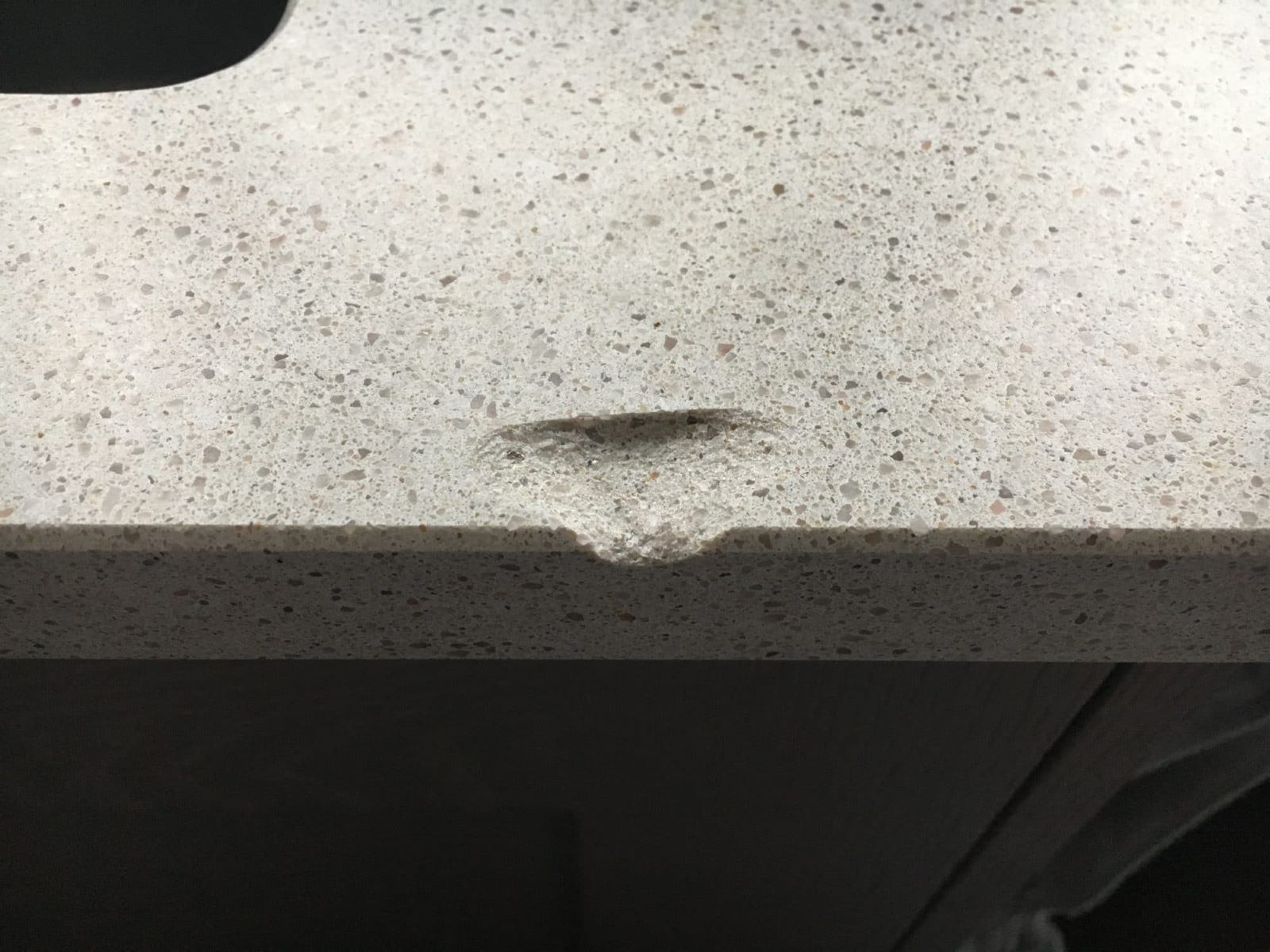
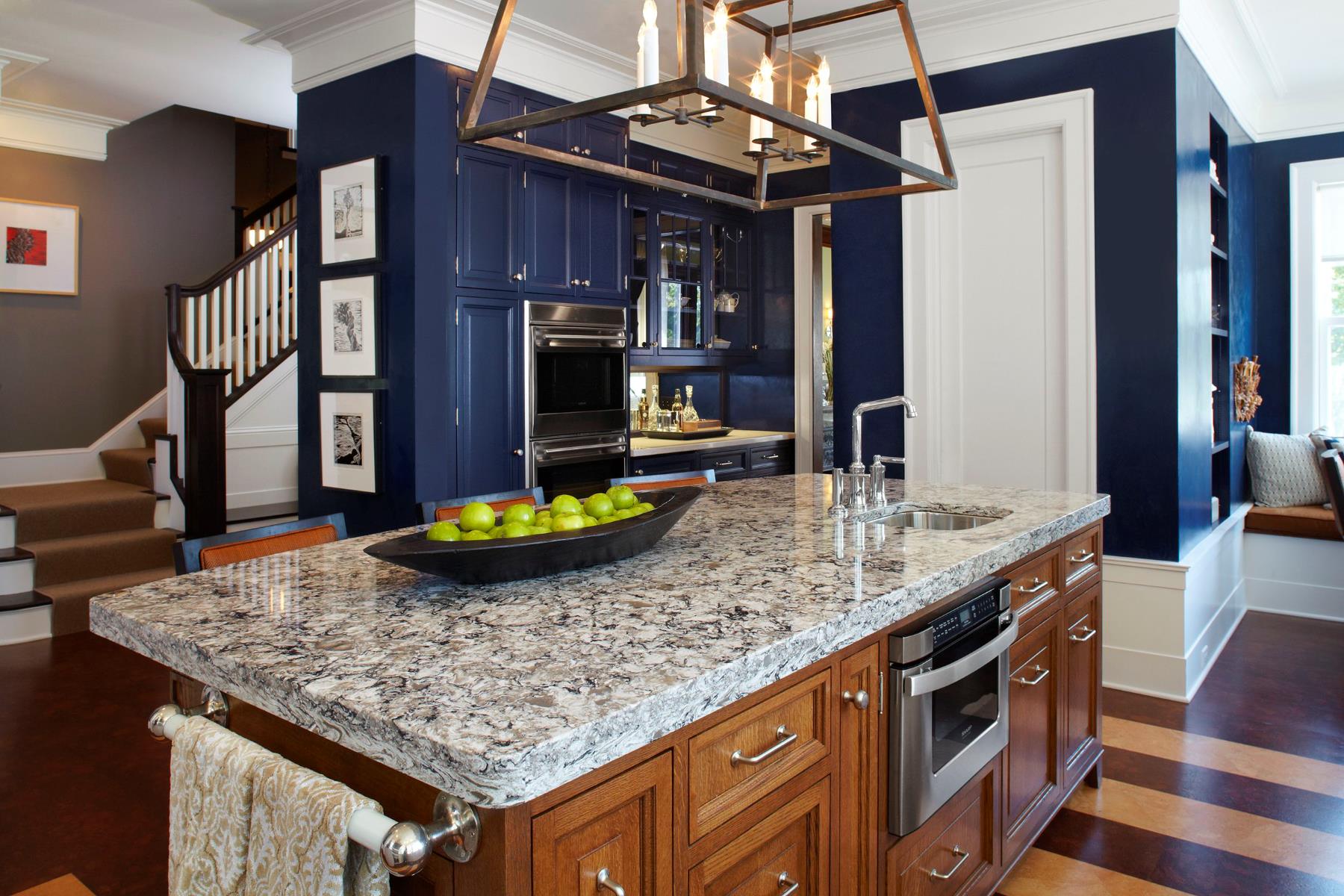
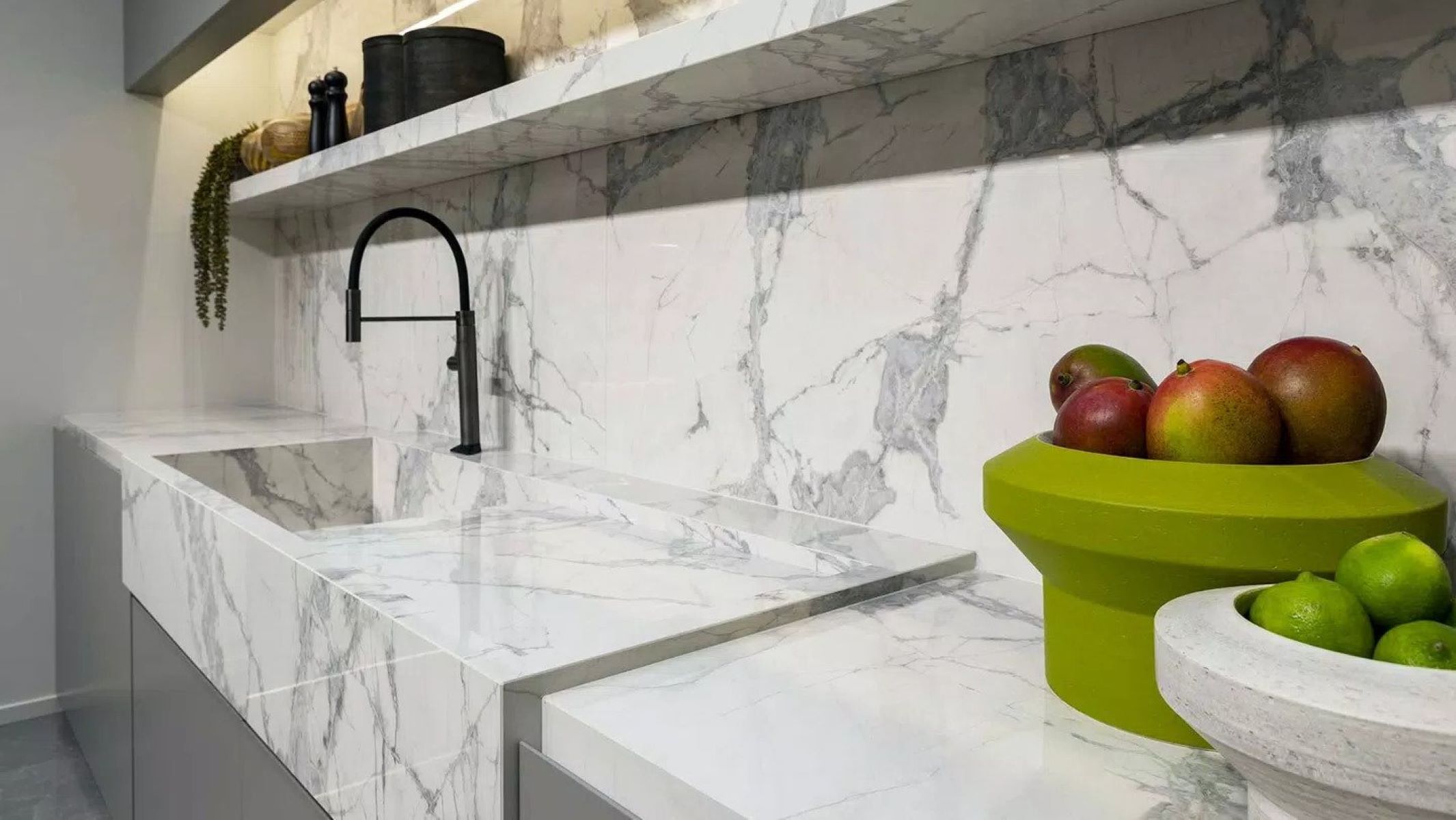

0 thoughts on “What Are The Disadvantages Of Quartz Countertops”